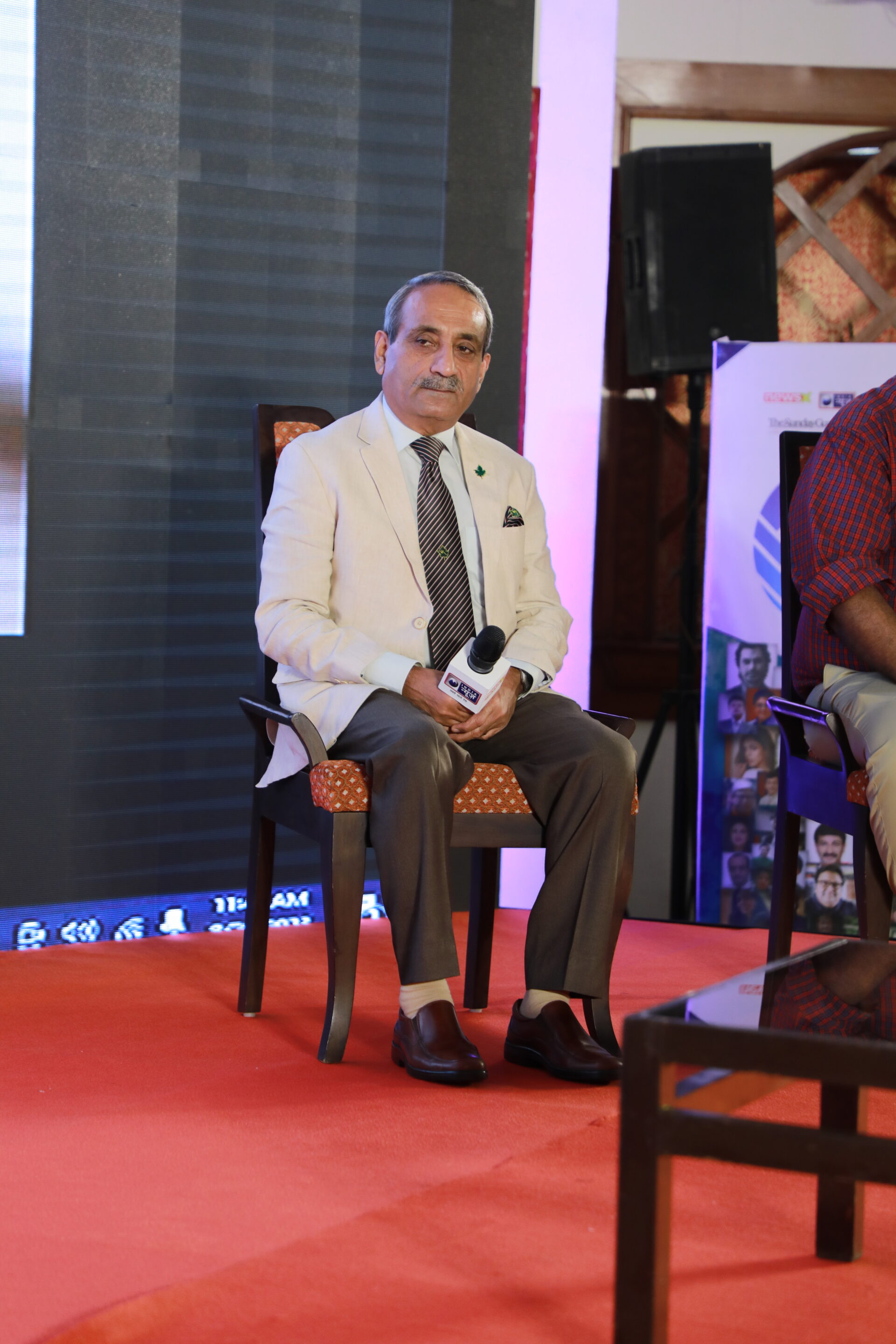New Delhi
The surgical strike of 2016 was a good turning point for the country as it helped India to draw a new line under the nuclear threshold while dealing with Pakistan.
“The strike helped us turn the pain of losing 18 soldiers in Uri into an opportunity to hit back,” said Lt. Gen. Satish Dua at the Festival of Ideas, hosted by NewsX, The Sunday Guardian, and India News that are a part of the iTV Network.
At a session moderated by The Sunday Guardian editor Joyeeta Basu, Lt. Gen. Dua said the surgical strike was a good turning point for the country as the government, for the first time, took ownership of a cross-border strike.
He said for the first time, the government said that “we did this to you because you did wrong to us. We had no intention of escalation but wanted to hit back as retaliation”.
In an earlier session on India’s risk analysis, Lt. Gen. (R) P.J.S. Pannu said that “talking about the risk is risky enough because what you identify as a risk and admit that it is risky for you and you’re looking at it, obviously those who are the ones, your adversaries, would be noting exactly what you think is a risk and what you’re looking at.
And not to talk about risk is even more risky because maybe you’re brushing a lot of problems under the carpet, and then you’re not even prepared”.
“We’ve had a problem with proxy wars and insurgencies. We’ve had a problem dealing with the neighbouring states. From there, we’ve had issues or not issues; the Maoists actually had almost one third of the country affected in the Red Corridor about a decade and a half ago,” he said.
“Today, when you look at the number of factors that we have to look at, we certainly look at the adversaries; and two major adversaries that everybody knows are China and Pakistan. And Pakistan has been a traditional adversary, and it shall remain so. Pakistan has been a western constituency ever since it was created. It actually got created as a western constituency,” he said.
“Pakistan is a state in dichotomy and denial, and they can only survive if they have a notion of an enemy, and that is India. And that is not going to change. In fact, today, Pakistan is more dichotomous. Pakistan has more problems. Now, from being a constituency of the West and the US, they are turning into a constituency of China. And once they become a constituency of China, again, bigger adversities, technology-wise, military-wise, claim-wise—all those elements are going to be put together, which will translate into a threat to the economy, to technology, to industry, or to commercial trade,” he said.
“So, we are going to have stiff competition, not only in terms of direct security implications but also in terms of the larger understanding of challenges and threats emanating from these two states put together. On Chinese soldiers, he said, China has never tested its military power. It has built the industrial complex, which is now the defence industrial complex. But we have no respect for the Chinese soldiers, for the simple reason they say, Oh, our ITPP and Army are on the borders; we have fought Kargil operations; we are on the Siachen glacier; and so on and so forth. So the Chinese can’t do anything about it.”
“Listen to this. They would want to test their equipment somewhere. In fact, all the defence industrial complexes in the world actually manage the business of warfare in such a manner that you must get an excuse to fight so that your military equipment can be tested, and if it is proven successful, then you are open to global sales,” he said.
“And I think that is where the danger comes from as far as China is concerned. Political diplomatic intentions aside, if you don’t take a nation to war, how are you going to say the Chinese equipment lies? Even when you talk about the western world and how the western equipment is very good, how are you going to show on television how you can fight a remote control precision battle unless it is shown and demonstrated,” he said.

